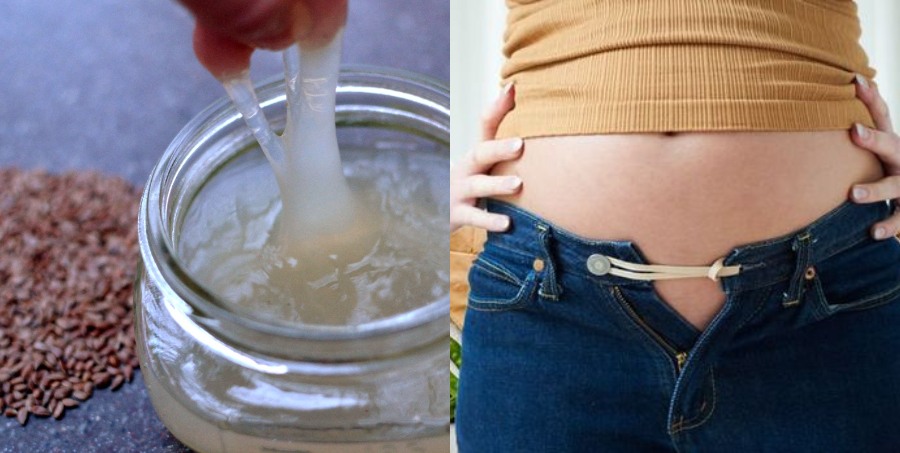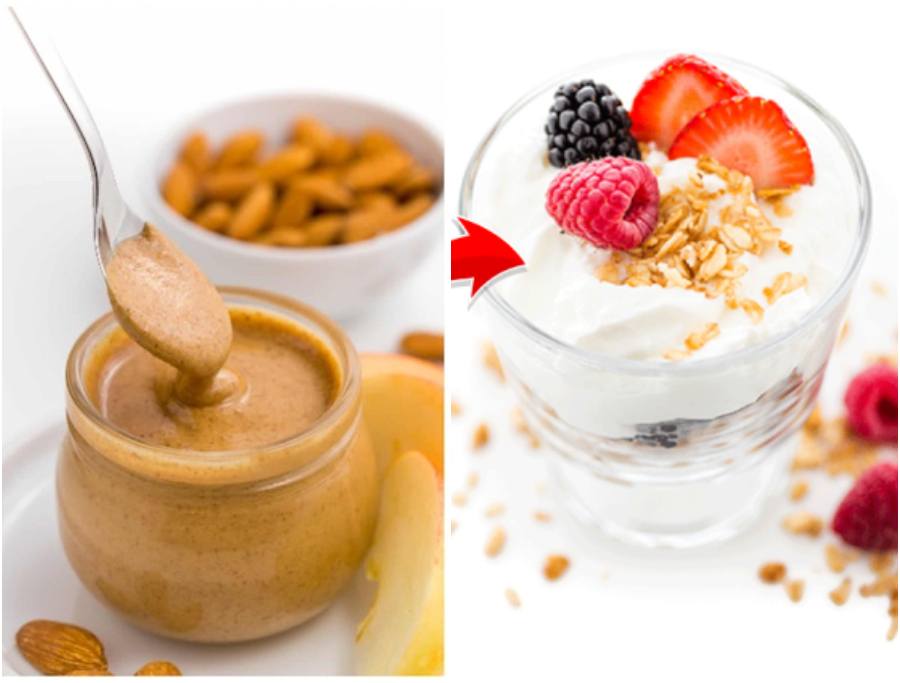The exam season is right upon us! Long hours of studying, erratic meal timings, zero physical activity, and above all, increased stress can all add up and lead to overeating and weight gain over the days. Studying hard for exams is a tiring and taxing process and food can make things a bit easy, and students often resort to emotional eating to combat increased stress. Interestingly, cortisol, which is the stress hormone, triggers cravings sweet, salty, and fried foods—foods and that’s where a lot of calories come from and with no physical activity, the numbers on the weighing scale slowly creep up. Notably, studies reveal that difficult-thinking tasks lead to fluctuation in glucose and insulin levels and this fluctuation triggers hunger signals. As explained above, exam time is a stressful time for students and it’s difficult to squeeze out time for proper meals or exercise, here are some tips that may help:


1. Plan your Meals and Do Meal Prep: Creating a meal plan and meal prepping for the whole week can help you stay on track and ensure that you are having healthy meals and snacks available at hand, so you don’t reach out for a tub of ice cream or a packet of potato chips to get a boost of energy while studying. Also, instant noodles comes in the category of junk food, so do avoid replacing regular meals with them. Include a variety of foods from different food groups, such as fruits, vegetables, whole grains, lean proteins, and healthy fats – want detailed weight loss weekly diet plans, get them on the Rati Beauty diet. Download the Rati Beauty app for more details.
2. Stick to Meal Timings: Skipping meals can lead to irregular eating patterns and binge eating towards the end of the day. later on. Make sure to eat regular meals and snacks to keep your energy levels stable and prevent overeating.

3. Choose Healthy Snacks over Junk Food: Instead of reaching for sugary treats or junk food, pick healthier options such as fresh fruits, nuts, trail mix, or pair fruits such as apple with peanut butter to get a quick boost of energy. These snacks can provide you with essential nutrients and keep you full for longer, so that you can concentrate on your studies.
4. Limit Caffeine and Sugary Drinks: During exam season, it’s common for students to rely on coffee to stay awake during the night and sugary drinks to bring back their energy levels after long hours of brain racking over algebraic expressions and thermodynamics. However, excessive caffeine can cause dehydration and sugary drinks would cause sharp rise in blood sugar. Avoid sugary beverages altogether and limit caffeine intake; instead chug on water, herbal teas, or have buttermilk or coconut water to hydrate yourself. Also read: “12 Natural Weight Loss Drinks To Boost Metabolism.”
5. Avoid Emotional Eating: Excessive stress can trigger emotional eating, where people turn to food to find comfort and to calm jittery nerves. Avoid turning to food to reduce stress – instead listen to music, go for a walk, talk to a friend, or practice deep breathing, and you would feel so much better than eating an entire bar of milk chocolate.
6. Get 7 Hours of Sleep: We understand you need to finish vast portions and there’s just not enough time now! But lack of sleep can hugely impact your appetite and metabolism, and furthermore, compromising on sleep will lead to increased stress over the next few days! Make sure to prioritize sleep during exam season to help regulate your appetite and avoid mindless eating.
7. Practice Portion Control: Be mindful of your portion sizes and avoid eating large amounts of unhealthy foods in one sitting. Listen to your body’s hunger and fullness cues and try to eat balanced meals with appropriate portion sizes.
8. Be Physically Active: Finding time to hit the gym or squeeze time for one-hour workout during exams can be challenging, but it’s important to be physically active not only to burn extra calories – exercise can help reduce stress and improve focus and concentration. What you can actually do is to take break from long hours of studying and go for a 10-minute walk or a quick workout, can help you feel refreshed and rejuvenated. Look for opportunities to be physically active throughout your day – take the stairs instead of the elevator, go for a walk during your lunch break, or do some stretching or light exercises while taking study breaks. You can also play a sport with your study buddies in the evening to clear your head. All these activities would help you recharge and improve focus when you return to studying.
Summing up, taking care of your physical and mental health should be a priority during exam season to ensure you are performing at your best. Eat well, sleep tight, and study well. All the best!
Can I Eat Instant Noodles While Trying To Lose Weight?
12 Natural Weight Loss Drinks To Boost Metabolism





